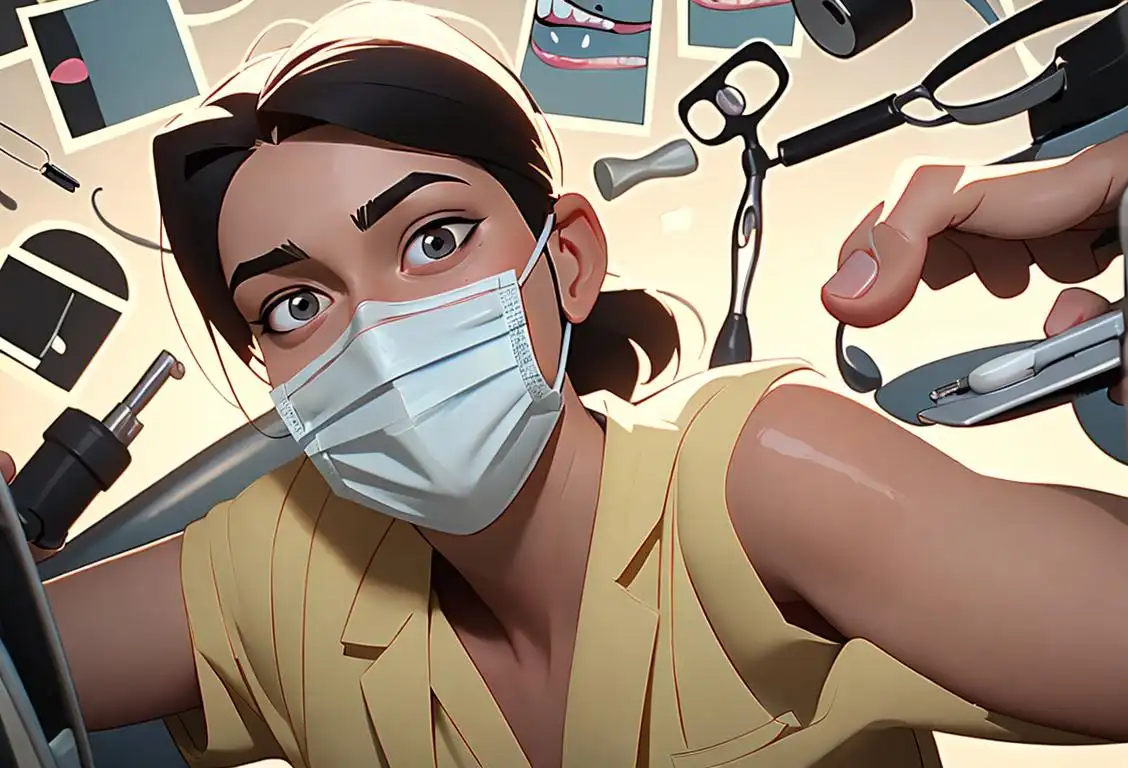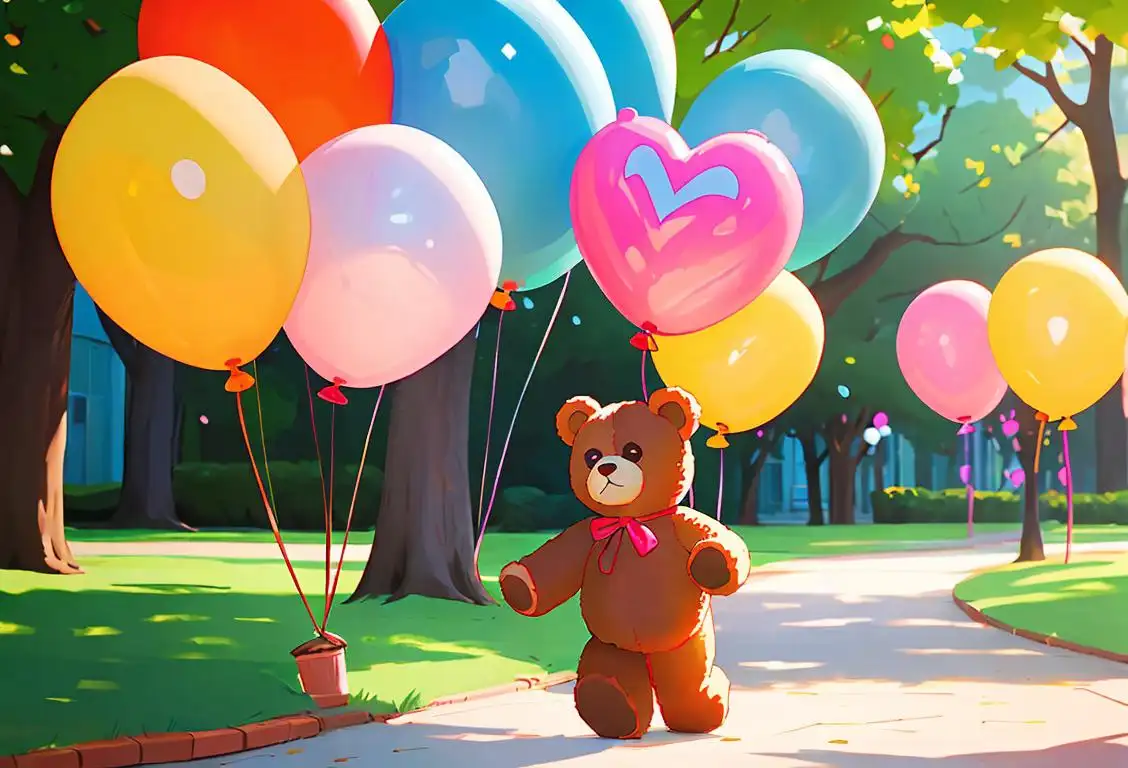National Dentist Day

Ever thought those who protect our pearly whites deserve a special shoutout? Well, turns out there is a day just for that, National Dentist Day! A day to tip your cap to those in scrubs and masks while poking around in your mouth, making sure your smile is as bright and as healthy as ever.
When is Dentist Day?
It's national dentist day on the 6th March.
History of National Dentist Day
The most teeth-rattling holiday, National Dentist Day is observed annually on March 6. The stringent oral guardians have a special day making rounds on the internet, and it reached its peak on March 6, 2018. We tracked a delightful 3252 mentions of the day online - that's a lot of toothpaste and mouthwash!
Why Celebrate?
Remember that tooth fairy from your childhood days? Well, these folks are the real deal! Day-in, day-out, they are dedicated to mending our molars, cherishing our canines, and preserving our precious smiles. They brave the bite (pun intended) and create masterpieces out of our mouths every single day.
How to Celebrate?
Well, one way could be to hold off on the extra caramel on your sundae, perhaps. But joking apart, a heartfelt thank you note to your dentist can brighten their day, just like how they brighten your smiles. Or maybe treat them to a sugar-free chocolate. Your commitment to oral health would be the best gift for them, we promise!
History behind the term 'Dentist'
2600 BC
The Etruscans and Dental Care
The term 'dentist' can be traced back to around 2600 BC to the ancient Etruscans, an early civilization in Italy. The Etruscans were known for their advanced dental practices and expertise in dentistry. They were skilled in performing basic dental procedures, such as tooth extractions, using primitive tools made from bone and metal.
500 BC
The Greeks and Tooth Decay
Around 500 BC, ancient Greek scholars started focusing on the study of medicine and dentistry. Hippocrates, often referred to as the father of medicine, and his contemporaries recognized the importance of oral health and made significant advancements in dental care. They laid the foundation for understanding tooth decay, believing it was caused by an imbalance in the body's humors.
166-201 AD
Roman Dental Innovations
During the Roman Empire, advancements in dental care continued to evolve. A Roman physician named Claudius Galenus (Galen) made noteworthy contributions to dentistry. Galen developed various dental tools, including forceps for extraction and a milestone in dental history, the earliest recorded dental prosthesis made of gold.
500-1700 AD
Middle Ages and Barber-Surgeons
In the Middle Ages, dental care took an intriguing turn. Dentistry was often practiced by barbers due to their experience with handling sharp tools. These barber-surgeons performed tooth extractions, bloodletting, and various surgical procedures. The term 'dentist' started to emerge during this period, derived from the French word 'dentiste' and the Latin word 'dens' meaning tooth.
1723 AD
Pierre Fauchard and Modern Dentistry
The true father of modern dentistry is considered to be Pierre Fauchard, a French physician and surgeon. In 1723, Fauchard published 'Le Chirurgien Dentiste' (The Surgeon Dentist), a comprehensive book outlining dental techniques and treatments. He introduced many innovative practices, including fillings, prosthodontics, and the use of dental braces. Fauchard's work laid the groundwork for modern dental practices.
1840 AD
Horace Wells and the Discovery of Anesthesia
In 1840, American dentist Horace Wells made a remarkable discovery that revolutionized dentistry. He successfully used nitrous oxide, commonly known as laughing gas, as an anesthetic during dental procedures. This breakthrough allowed dentists to perform pain-free surgeries, thereby improving the patient experience and encouraging the advancement of complex dental treatments.
1844 AD
First Dental School
The first dental school, the Baltimore College of Dental Surgery, was established in 1844. This marked a significant milestone in the formal education of dentists. Dental schools provided comprehensive training and education in dentistry, allowing practitioners to gain knowledge in various specialized fields and raising the overall standards of dental care.
Did you know?
Did you know that dentists have been around since 7000 BC? They were known as 'tooth worms' back then for they were believed to cause dental conditions!Tagged
awareness fun loved ones rememberanceFirst identified
4th May 2015Most mentioned on
6th March 2018Total mentions
3252Other days
Cheese Lovers Day
Teddy Bear Day
Sibs Day
Biscuit Day
Cancer Survivors Day
Agriculture Day
Pumpkin Day
Suicide Prevention Day
Memorial Day
First Responders Day









